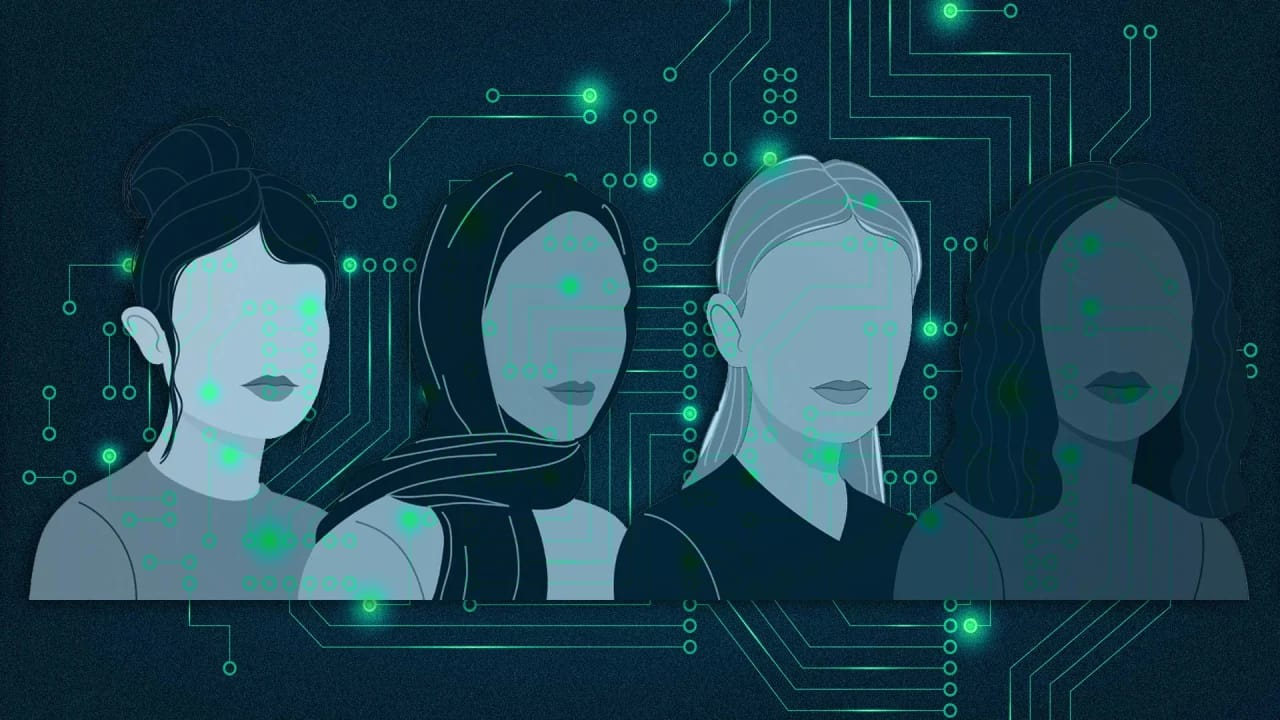Technology is one of today’s most lucrative and fast growing industries. In a span of a decade or two, it has pervaded every aspect of everyday life. Asian Americans in particular have become the public face of this industry. Many believe tech has less or no problems with racism than other industries – as a creation and creator of the globalized world, it is seen as a symbol of the modern, diverse America. Some point to the high amounts of Asian Americans and prominent Asians in leadership roles as proof that the tech industry is one that has transcended the boundaries of race.
However, the reality of Asians in tech is much more complicated underneath the numbers. It is true that Asians make up a whopping 57% of Silicon Valley engineers, much higher than the 7% national average. However, at the leadership level, they are underrepresented, making up only 25% of leadership at places like Facebook and Apple. Studies show that Asian Americans are stereotypically perceived to be naturally gifted at technical roles, but not fit to be in leadership roles that involve public speaking and interpersonal skills. This plays right into the model minority myth: Asians are accepted in some ways, but only if they keep their head down and assimilate. Many in tech refer to this as the “bamboo ceiling”: the concept that Asians’ talents are welcomed and even rewarded if they serve the interests of the existing leadership, but Asians themselves are discouraged from showing agency or individuality.
Moreover, this high visibility of tech workers in lucrative jobs has been used to propel the myth further that all Asians occupy the same economically privileged position in America. However, this covers the reality that Asian Americans are the most economically diverse group in America. A large amount of tech workers are Chinese and Indian Americans; other Asian groups, such as Laotian or Nepalese Americans, statistically earn far less and are rare in the tech industry. Even within the Chinese American community, there is a huge disparity – there are many Chinese Americans in high earning jobs, but also as many as 13% living under the poverty line, as opposed to 5.4% of white Americans.
Perhaps the most subtle influence of this blind optimism about Asians in the tech industry is the rise of techno-orientalism and the changing face of “Yellow Peril”. The association in the U.S. between Asians and technology is one that has existed long before the rise of Silicon Valley – the rise of Japan, China, and later Korea as major industrial powers in the 80s propelled fears in the West about these “inferior nations” someday becoming more powerful.
East Asians began to be associated with the tech industry in a negative way; seminal sci-fi movies like Blade Runner envisioned a dystopian, cyberpunk future where it was Asian culture and aesthetics that reigned in a technologically advanced but emotionally barren future. Sci-fi movies today like Ex Machina and Cloud Atlas continue to draw parallels between Asians and a future where people have become more robot than human. Hate crimes like that against Vincent Chin in the 80s, and the continuing rise of Asian hate crimes well into the pandemic show that these parallels don’t just have effects in fiction, but have devastating consequences in reality. Just because Asians are perceived to be powerful in the tech industry does not mean that Asians actually have social or political power, or that Asians are respected by Western society at large.
In many ways, the tech industry diverges from the norm – it’s grown at an unprecedented rate, has upended every other industry, and is seen as the most “post-racial” workforce in the U.S. In theory, anybody can sit down and write a piece of code that changes the world. However, the reality is much different – the reality shows that, like many other industries, tech falls into many of the same pitfalls. While it has presented many opportunities for advancement for many Asians, it is far from a post-racial industry – and the U.S. is far from a post-racial society.
About The Author: Maia Mongado is a senior at Brown University majoring in Computer Science. She has also taken coursework in English, French, and Filipino studies. You can learn more about her here!
Works Cited
https://www.protocol.com/asian-americans-model-minority#toggle-gdpr
https://thechloegong.com/2019/12/28/techno-orientalism-in-science-fiction/
https://www.pewresearch.org/fact-tank/2021/04/29/key-facts-about-asian-origin-groups-in-the-u-s/
https://www.axios.com/2021/10/16/tech-asian-workers-racism-equity

